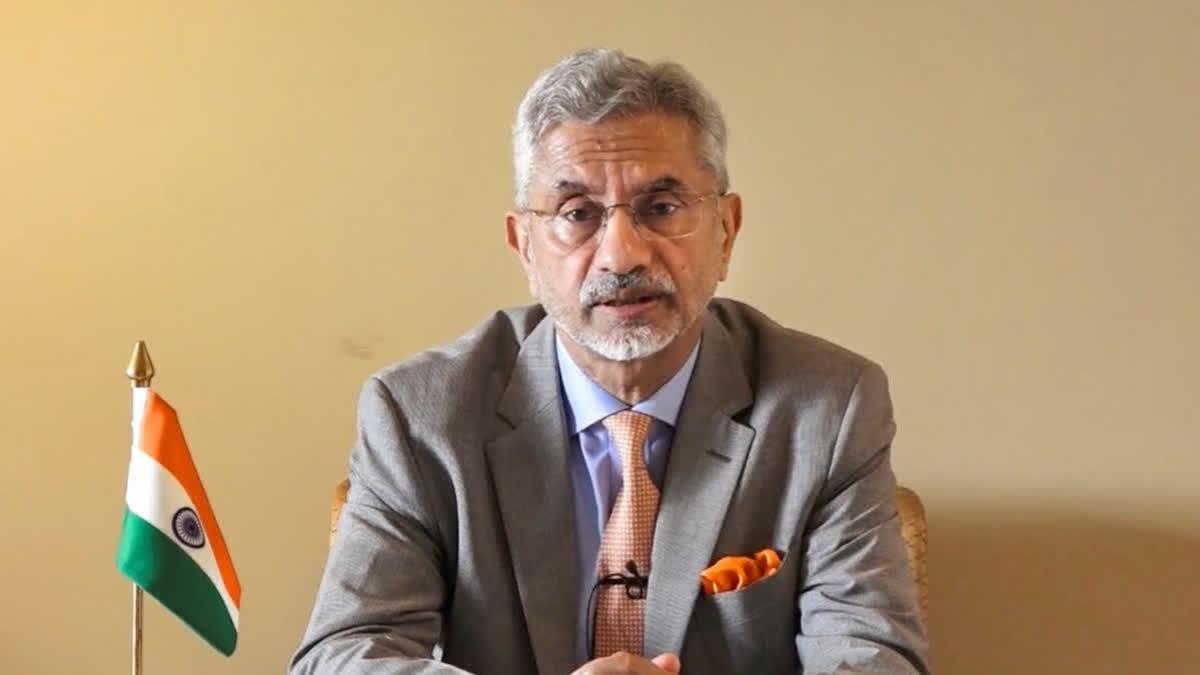Romania's main opposition Social Democratic Party (PSD) is likely to win the parliamentary elections, gaining 30.61 per cent of the votes after the counting of 98.44 per cent ballots was completed, the Central Electoral Bureau (BEC) announced on Monday.
The ruling National Liberal Party, generally favoured by polls before the election, came in second with 26.08 per cent of the votes, reports Xinhua news agency.
Other parties that crossed the 5 per cent threshold required for parliamentary seats were the USR-PLUS Alliance with 15.41 per cent, the Alliance for Unity of Romanians (AUR) with 9.17 per cent and the Democratic Union of Hungarians in Romania with 6.10 per cent.
The results of the election have surprised many as they were somewhat different from predictions.
Apart from the fact that the ruling party failed to rank first in the election, the AUR, the dark horse of the current election, is particularly eye-catching.
The nationalist party, founded just over a year ago, has not only seized some seats in the new parliament, but also got high votes of nearly 10 per cent.
Under special protection measures including wearing a mask and maintaining social distance, Romania held the parliamentary elections on Sunday amid the coronavirus pandemic with a total of 7,136 candidates competing for seats in the Chamber of Deputies and the Senate.
In order to win, the parties need to obtain over 5 per cent of the national votes or over 20 per cent of the votes in at least four constituencies.
According to the data announced by the BEC, the total number of eligible voters in Romania is over 18 million, yet the turnout rate in this general election was only 31.84 per cent, the lowest in the past 30 years.
The partial results show that no party is likely to win more than 50 per cent of the votes to hold the majority in the future Parliament.
Thus, the future government will almost certainly be a coalition one.
The election took place amid the worsening pandemic situation in the country, which has so far infected more than 514,000 people and killed 12,320 others.


















